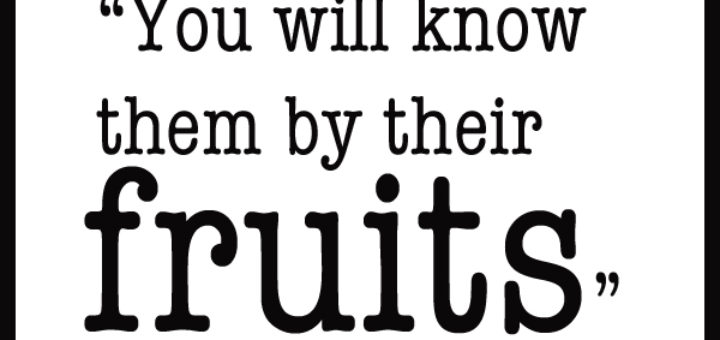Maybe I need some Helpful Understanding?
It seems to me that after deciding on becoming a follower of Jesus, one then enters a relationship with God Himself. This effectively changes the way that we are. This, I understand, is done by changing our minds by changing the way we think, which will in turn change our actions.
So; we should become the kind of people who love our enemies, do good to those who would seek to harm us, treat others as more important than ourselves, recognise that all humans are made in the image of God and therefore need to be respected and highly regarded. I would then expect us (that is-all Jesus followers) to be generous, to see neither male nor female, bond nor free, this nationality or that – in fact caring for one another however possible
So; I am not sure how to express my disappointment, and lack of understanding on several fronts. Recently, reading an American article, (and I don’t think what I am about to say only reflects only on the USA- it just happened to be an American writer whose article I was reading) the writer noted that in the restaurant industry in the USA it was difficult to get staff to do the Sunday shift. They surveyed widely to try and understand why this was so. Waiting staff are apparently not that well paid in America, and therefore tips become a very important part of staff income.
It appeared, after the results of the survey had been assessed, that staff did not like the Sunday shift as they said, that, “Sunday is the day that all the church people come in to eat – and they are the meanest and least generous of our customers”. Why is it like that?
Friends of mine, both in the journalistic as well as the political world, tell me that the most vitriolic letters and communications, the ones that are “the most condemning” and, in their words, “the most unkind” of all the correspondence they receive (and this is both in the USA and in the UK) comes from people who express in their letters, that they are Christians. Again why is this so?
I know it has always been a “secret evil” in society, but again; why is it that we keep seeing the misuse of children and the abuse of people of the opposite sex from selfish desires, so often by Christians who express themselves as leaders in the church or in church organisations. Why?
I wonder!
Have these people really met God? Do they really understand what it is to have been changed by their relationship with God? Or are they just “label” people? Are they hiding under the epithet “Christian” as a word that may seem to be a useful label to stick on their activities to cloak their dark activities?
Recently, I have stopped responding when people ask me, “Are you a Christian?”I wonder what that means. Usually my response is, “I am a follower of Jesus, and I want that to be more than just a label. I want it to be demonstrated in living lifestyle and action.”
Jesus said to his early followers; “This is how people will know that you are my disciples, in that you have love one for another”.
I reckon that is not just love for other disciples. I think it should be possible to demonstrate that in the wider world with all races, colours and creeds. To people who are created in the image of “the God who is there.”
What is it that I have not understood?
A.h
E. KL
w. 610.








